First Libya home match in 7 years delights fans
Filipovic's side faced off against Tunisia in the eastern city for an Africa Cup of Nations qualifier
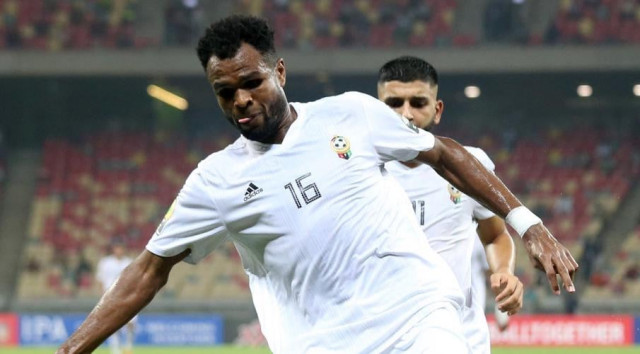
After a seven-year ban on home football internationals, Libya hosted neighbouring Tunisia in the coastal city of Benghazi on Thursday for an Africa Cup of Nations qualifier.
"It's a party atmosphere," said Hani, a smiling fan in his forties. "This gives us hope. We badly need such moments."
With the match played behind closed doors because of Covid-19 restrictions, supporters watched in cafes across the Mediterranean city and gathered before a huge screen in the capital Tripoli.
Libya, coached by Montenegro's Zoran Filipovic, faced off against Tunisia in the eastern city that was the cradle of the 2011 revolution that toppled long-time leader Moamer Kadhafi.
And although Tunisia beat Libya 5-2, Libyan fans were delighted.
"To see our players at home helped us forget the wars and gave us positive energy," said a fan, who watched the game in a Benghazi cafe.
"This was good news for Libya and the team played well," added another.
The match followed an assessment in late February by continental governing body CAF of security conditions in Benghazi and Tripoli.
CAF decided to allow games in Benghazi first, following a ban since 2014 as post-Kadhafi Libya skidded further into insecurity and political chaos.
For the past seven years, Libya played its home internationals in Egypt and Tunisia.
Thursday's match follows the inauguration of a new unity government earlier this month in a United Nations-supervised process following an October ceasefire between rival forces in the east and west of the country.
Top European diplomats have since flowed into Tripoli, although a militia chief wanted by the International Criminal Court for alleged war crimes was shot dead Wednesday in Benghazi.
Libyan Prime Minister Abdul Hamid Dbeibah, who was manager of the Tripoli club Al-Ittihad after the 2011 uprising, pledged ahead of Thursday's game to upgrade infrastructure for future football matches.
"It is up to us to continue to show that our stadiums are secure," he said.
In Tripoli, fans gathered on Martyrs' Square to follow the game on a giant screen.
"We missed watching international games," said 60-year-old Hafed.
"And today, the word nation has a meaning all of its own because we are tired of disunity," he said of the deep political divisions and rivalries that have plagued Libya since 2011.
Adel, another Tripoli fan, agreed.
"This is a very important event," he said.
"To see national players come together from all Libyan regions, cities and community is proof of our cohesion."


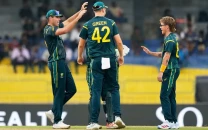

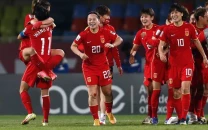
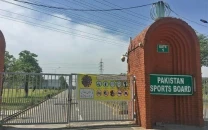
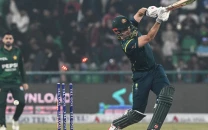











COMMENTS
Comments are moderated and generally will be posted if they are on-topic and not abusive.
For more information, please see our Comments FAQ